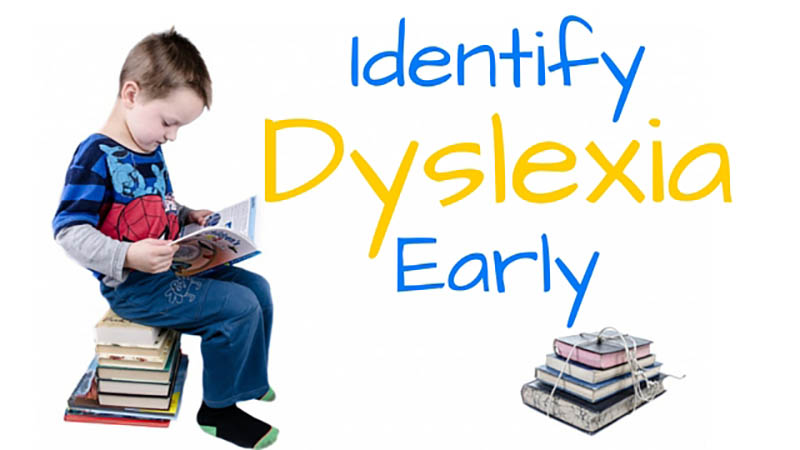Identify Dyslexia Early
Written by Tori Whaley
Published on February 16, 2016
 Parents and teachers alike have often asked “how early dyslexia can be diagnosed?” While diagnosing a reading disability prior to literacy instruction is considered questionable by most school systems, patterns in children’s speech can predict later challenges in reading.
Parents and teachers alike have often asked “how early dyslexia can be diagnosed?” While diagnosing a reading disability prior to literacy instruction is considered questionable by most school systems, patterns in children’s speech can predict later challenges in reading.
When children are first learning to speak, they often make sound errors. Young children may eat “pasketti,” not “spaghetti”, carry a “packpack” to preschool, or even love to see the “aminals” at the zoo when still developing. However, for some children, these differences are more pronounced and indicate poor speech sound development. This learning difference predicts reading difficulties since children who have trouble processing sounds for speech often carry that difficulty into reading and spelling.
 In some children, speech develops normally but there is still difficulty with identifying and sequencing the speech sounds in words. For example, at 2nd grade a child with weak speech sound processing may have trouble telling the order of the 4 speech sounds in a word like smash (s-m-a-sh).
In some children, speech develops normally but there is still difficulty with identifying and sequencing the speech sounds in words. For example, at 2nd grade a child with weak speech sound processing may have trouble telling the order of the 4 speech sounds in a word like smash (s-m-a-sh).
These symptoms may indicate an underlying language-literacy processing problem. Even if these kids appear to be mastering early literacy, their underlying challenges with sounds mean they are far more likely to memorize words and use dysfunctional decoding patterns than to build the skills that prepare them for lifelong literacy. Fortunately, there is an effective treatment!
Designed specifically for students with this type of challenges, Lexercise therapy supports speech sound awareness and processing.
Our clients include children of speech-language pathologists who know that the solid research behind Lexercise is the best thing they can offer their own children.
If your child’s previously “cute” preschool articulations are moving towards concerning reading struggles, we encourage you to administer the free Lexercise dyslexia screener as a first step to identifying an underlying language processing problem.
Improve Your Child’s Reading
Learn more about Lexercise today.
Schedule a FREE
15-minute consultation

